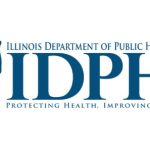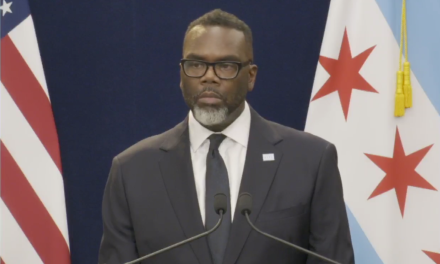
Report: UIC Medicaid care coordination program’s impact on costs is limited

A Medicaid care coordination project overseen by the University of Illinois at Chicago is so far having a limited impact on costs, according to a new report.
The CHECK project was established at UIC in 2014 to develop and test a comprehensive care coordination model for Medicaid-covered children and young adults with chronic health conditions living in Chicago and their families.
The trial included 6,259 patients with conditions like sickle cell disease, asthma and diabetes.
Researchers analyzed claims paid one year before participant enrollment in the project and one year after enrollment, from May 1, 2014 to April 30, 2017. The study compared healthcare expenditures and the number of emergency room visits and hospitalizations of those who were enrolled in the program to those in a similar-sized control group.
The report found those in the project saw their inpatient hospitalizations decrease by 30.9 percent and emergency room visits drop by 18 percent. The mean cost of care also reduced from $1,633 to $1,341. However, the report says these drops were similar to those in the control group.
“Though the first year of CHECK did not appear to impact Medicaid expenditures, we know that care coordination programs for children have many intangible benefits to participants and family members that may take years to appreciate and fully measure,” said Dr. Rachel Caskey, UIC associate professor of medicine and pediatrics at the College of Medicine and one of the report’s authors.
The report’s authors added it may be too early to see a reduction in expenditures until the care coordination project gets more established.
Dr. Benjamin Van Voorhees, the project’s director and senior author of the study, said data could also have been affected by overall changes in the state’s Medicaid program.
“During the year of this study, newly introduced managed Medicaid plans likely played a role in reductions of healthcare expenditures in both groups, making the comparison between the two groups more complicated than anticipated,” he said.
The program also seeks to reduce school absences and increase family engagement in the healthcare process. Data on these fronts are forthcoming, according to a statement from the university.
Initial funding for the project was provided by the U.S. Department of Health and Human Services and the Centers for Medicare and Medicaid Services.
Health News Illinois is a nonpartisan, independent news service covering the Illinois healthcare beat. Sign up for a free trial to the newsletter here.








